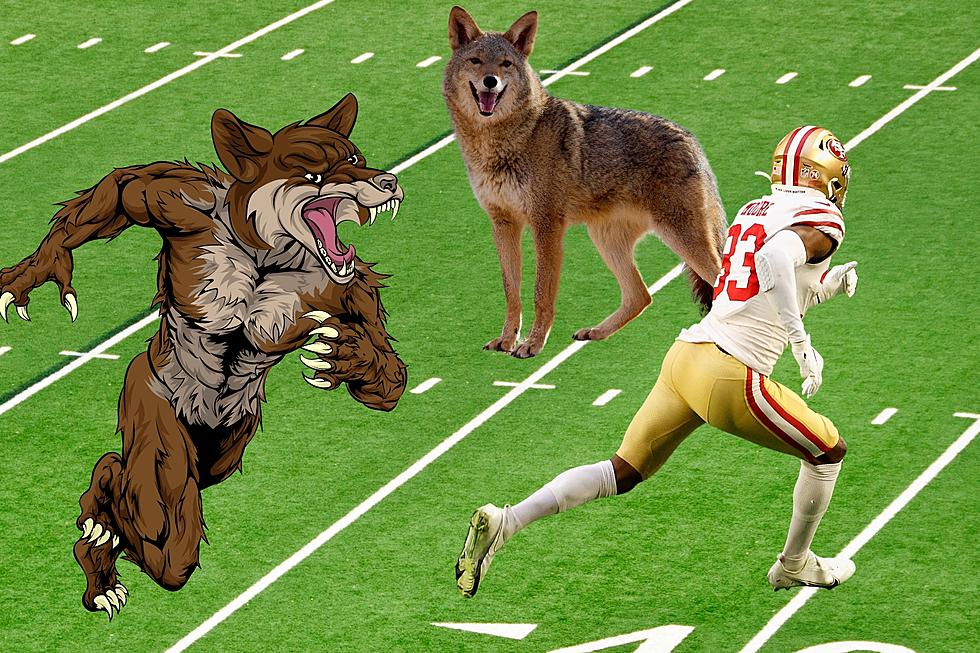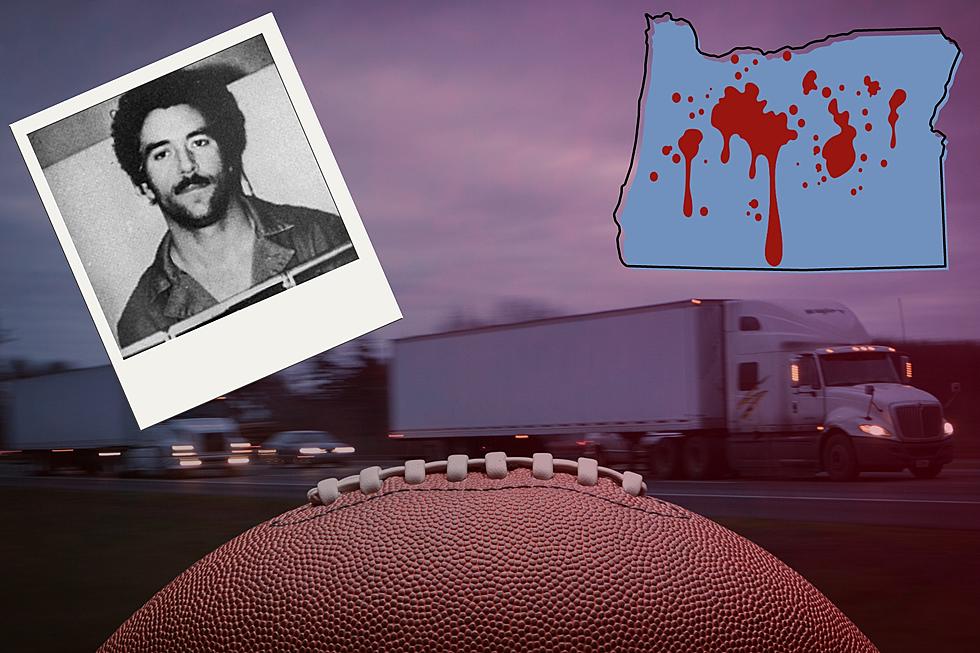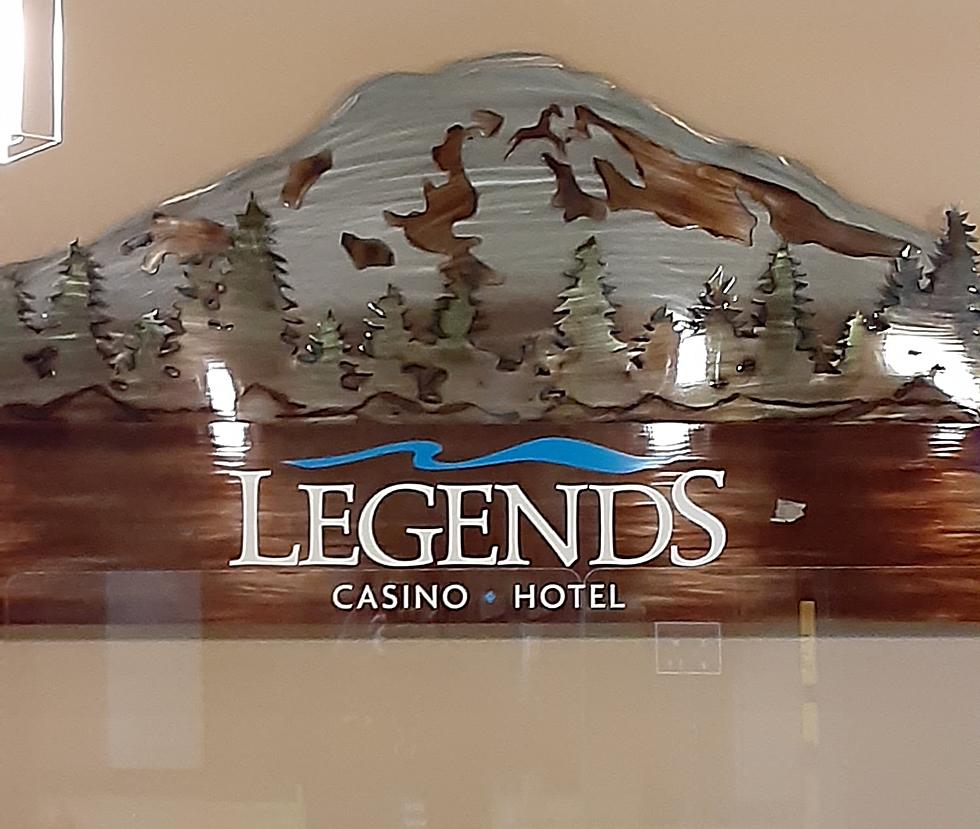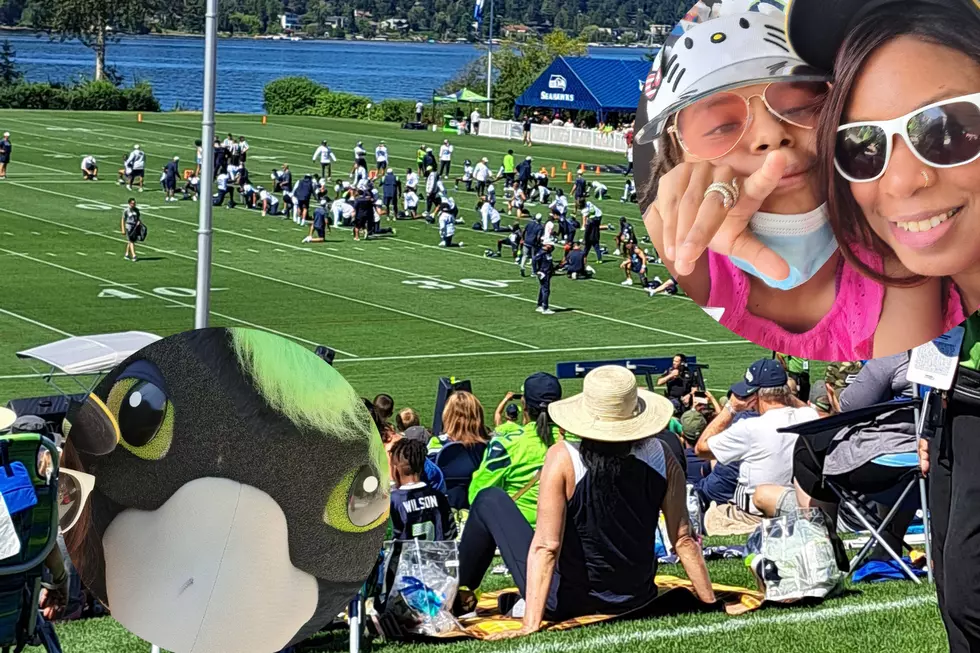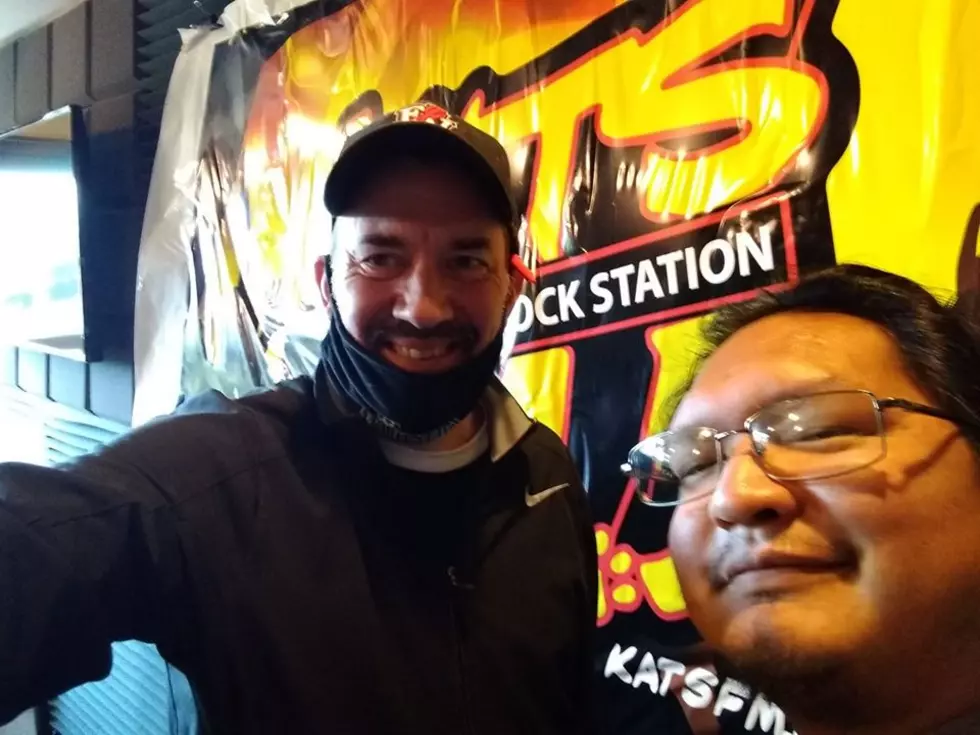
Todd’s Take: My Friend ‘D-Rez’, Darrel Iness
Working in the radio broadcasting industry for the last 30+ years has afforded me to meet myriad people from all sorts of backgrounds and walks of life. One of my co-workers I'd like to introduce you to is Darrel "D-Rez" Iness.
Darrel started working at our sister station 107.3 KFFM back in 2007. "D-Rez" is one of those guys that is always willing to do whatever it takes to get the job done on any day of the week at any hour. He's the type of person you want to have on your team.
Iness was born in Yakima in 1984 and grew-up in Wapato graduating from Wapato High in 2004. In school, Darrel participated in Cross Country, Track and Field (Sprinter) and band. Darrel is a member of the Yakama Nation and his ancestral roots include Nez Perce, Colville and Blackfoot tribes. He's also part Filipino. Besides extra-curricular activities in school, Darrel has also spent many moons on the, as he calls it, the "pow-wow trail" learning the customs and traditions of the Yakamas.
Earlier today (July 14) I took a moment to talk to him about his thoughts and feelings regarding the Washington Redskins announcing that they are changing their logo and mascot because, really, who am I to say how it affects a Native American?
Darrel, who, by the way, is also an aspiring stand-up comedian that participates frequently at open mics around the valley, was very thoughtful and forthcoming in his responses to my question.
First he told me that, to many Native Americans, the term "Redskins" is akin to that of the "N-word" for African Americans. That's pretty heavy duty right there and I can't say that I ever fully realized the gravity the term had for some.
Second, D-Rez said that it didn't necessarily bother him in particular but he totally sees where people on both sides of the debate are coming from. He went so far as to say it "depends who you talk to" within the tribe(s). He stated that many of the elders who are a bit more traditional find it to be an offensive term.
For Iness, he wants people to recognize that natives aren't "mascots but humans with thoughts and feelings." He stated that he understands the argument that using an image of a race of people can be considered an honor but, for him, it's also a contradiction.
When I asked him about some of the other sports and school mascots such as the Cleveland Indians and the Atlanta Braves, he said that it's "probably time for a change but we don't want to be forgotten either. That's the rub." He cited a great example of honoring while not exploiting. He brought up Kamiakin High School in Tri-Cities. The school mascot is the "Chiefs". Why is that different? Because Kamiakin was the Chief of the Yakama Tribe -- a real person -- not a stereotype or a caricature that was being honored.
For D-Rez's case, the one thing that I could tell really stuck in his craw with sports teams using imagery and the like from Native culture was that it leads to playing "dress-up" for many people. Iness, again well-versed in Yakama tradition and ritual, said it bothered him somewhat to see folks wearing beads, headdresses and the sort without any knowledge of their meaning to entire group of people. He told me "every feather, every bead has meaning".
I hear you, Darrel. Loud and clear. Thanks for being my friend.
KEEP LOOKING: See what 50 company logos looked like then and now
More From 94.5 KATS


